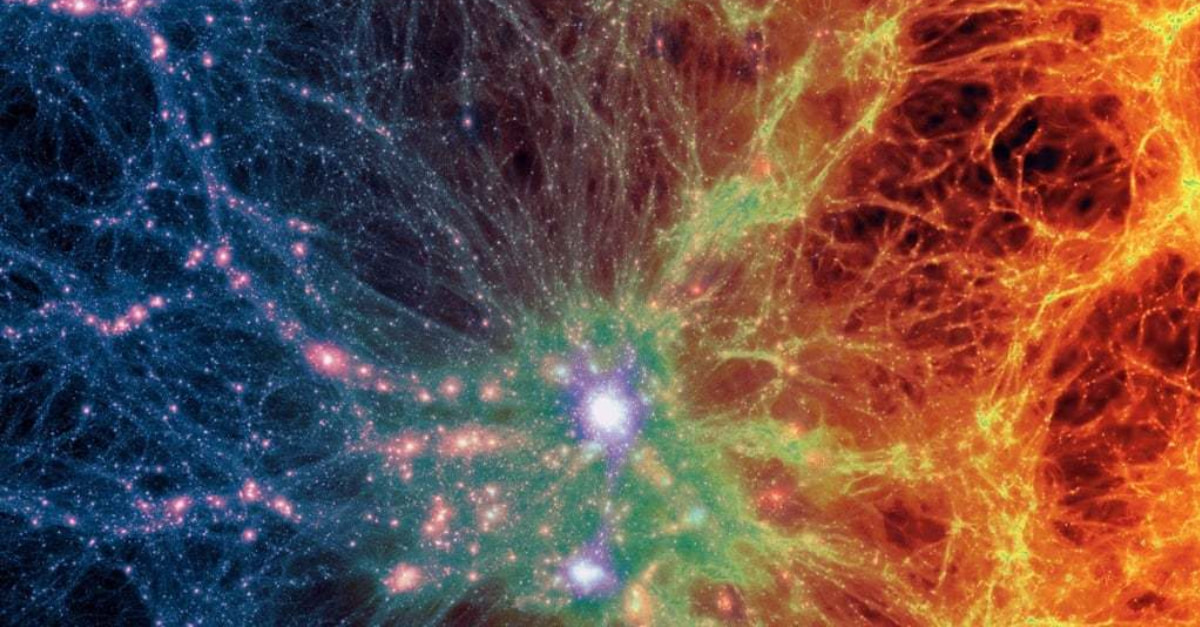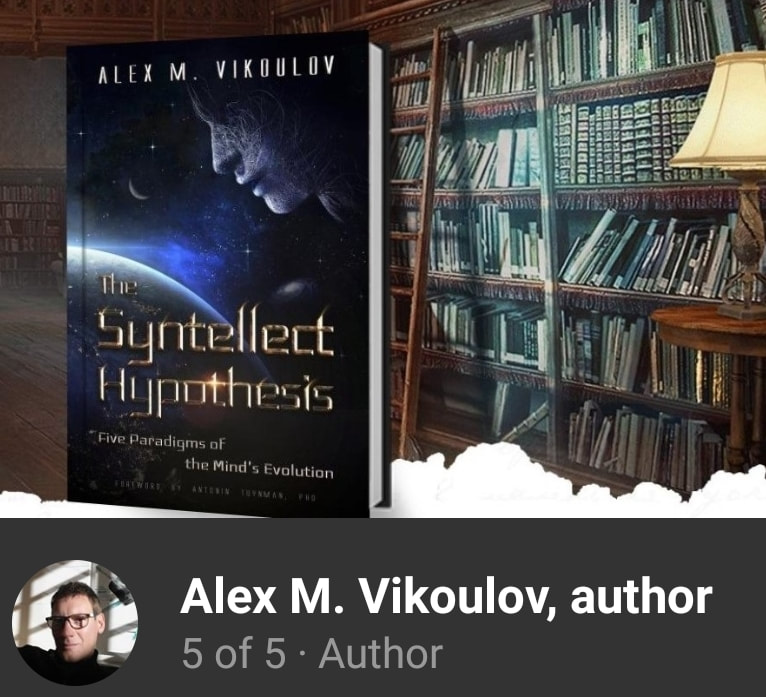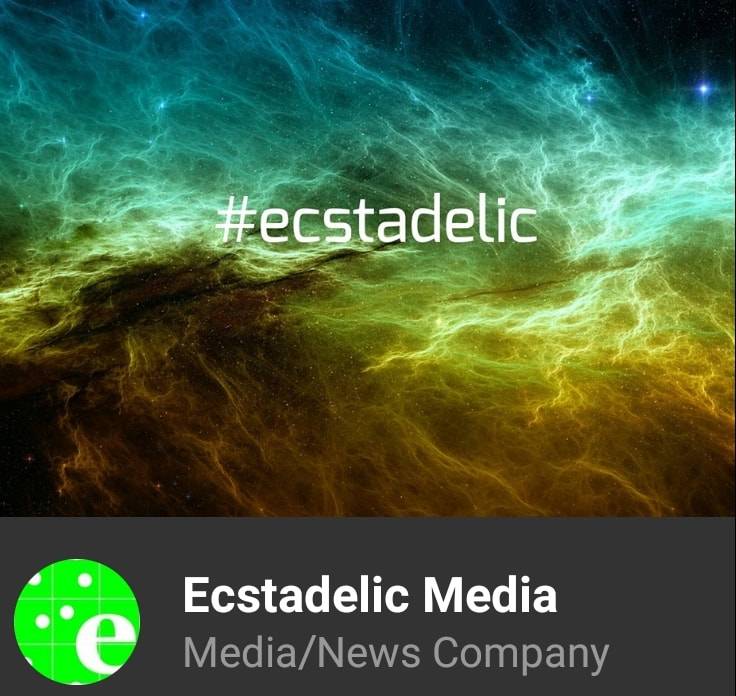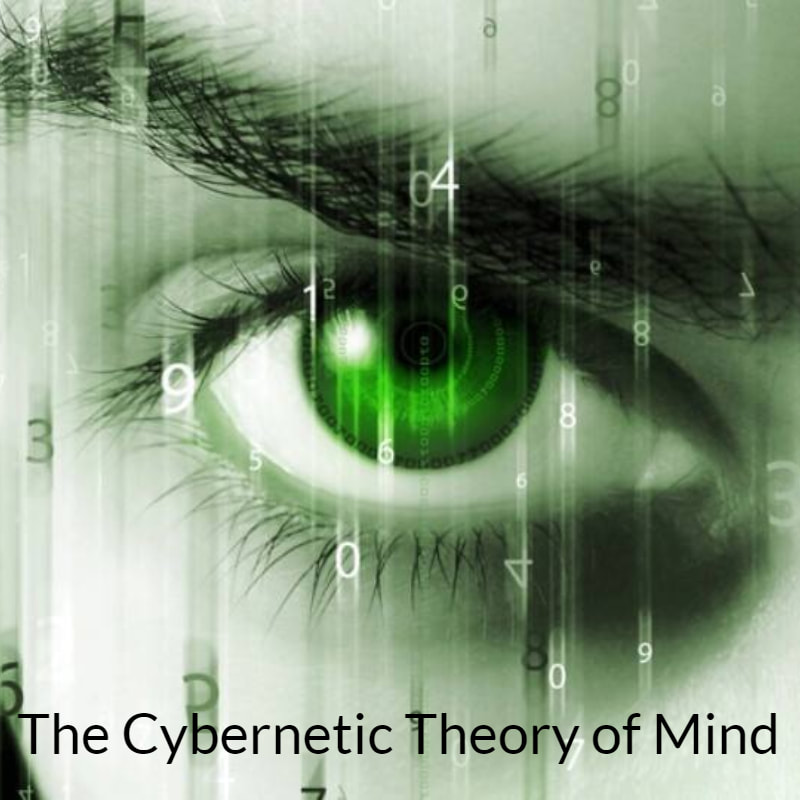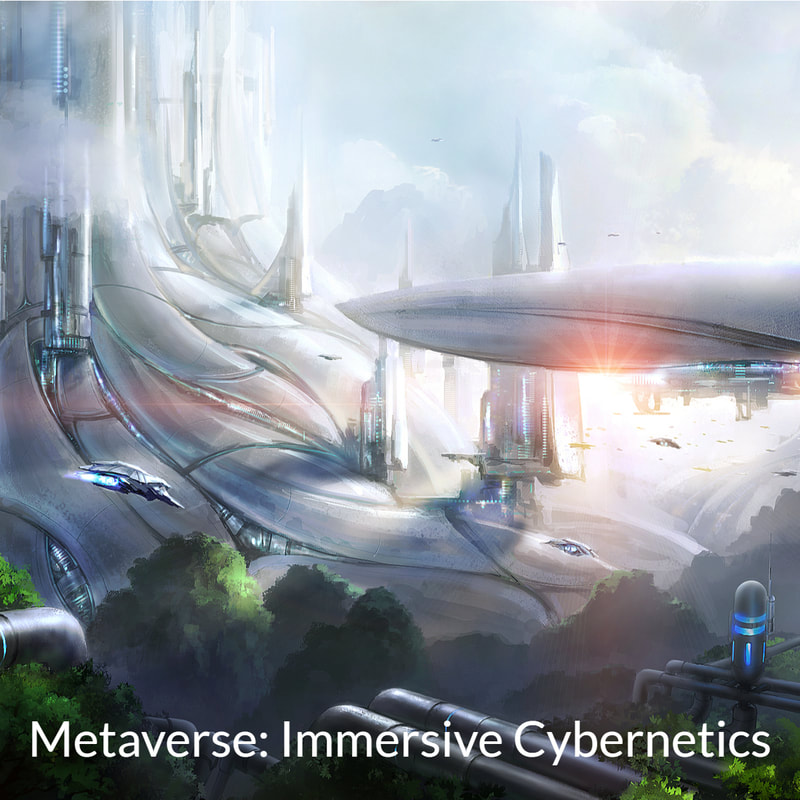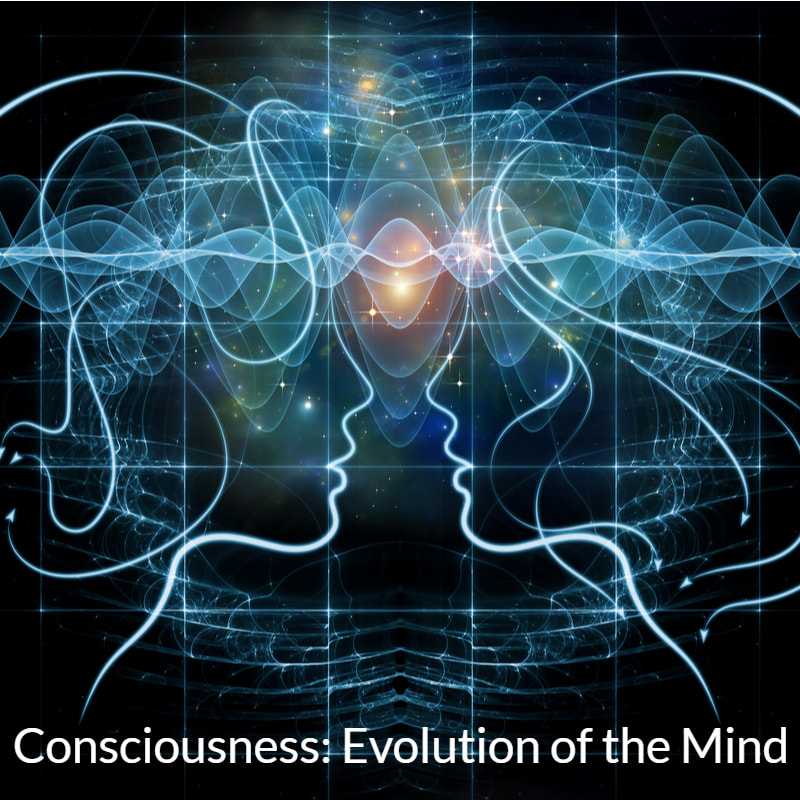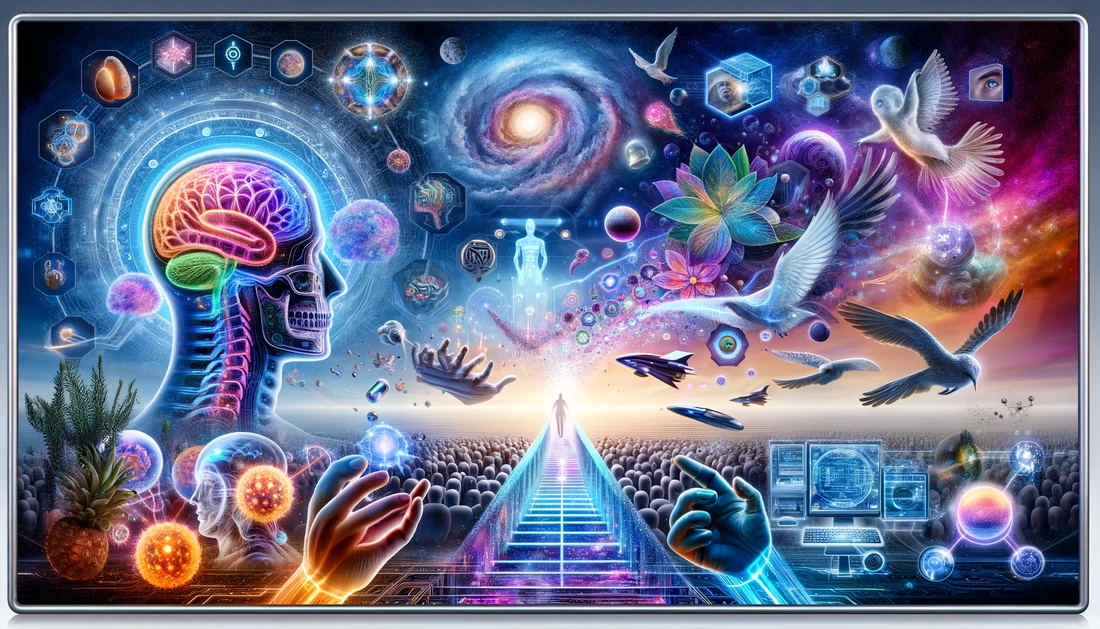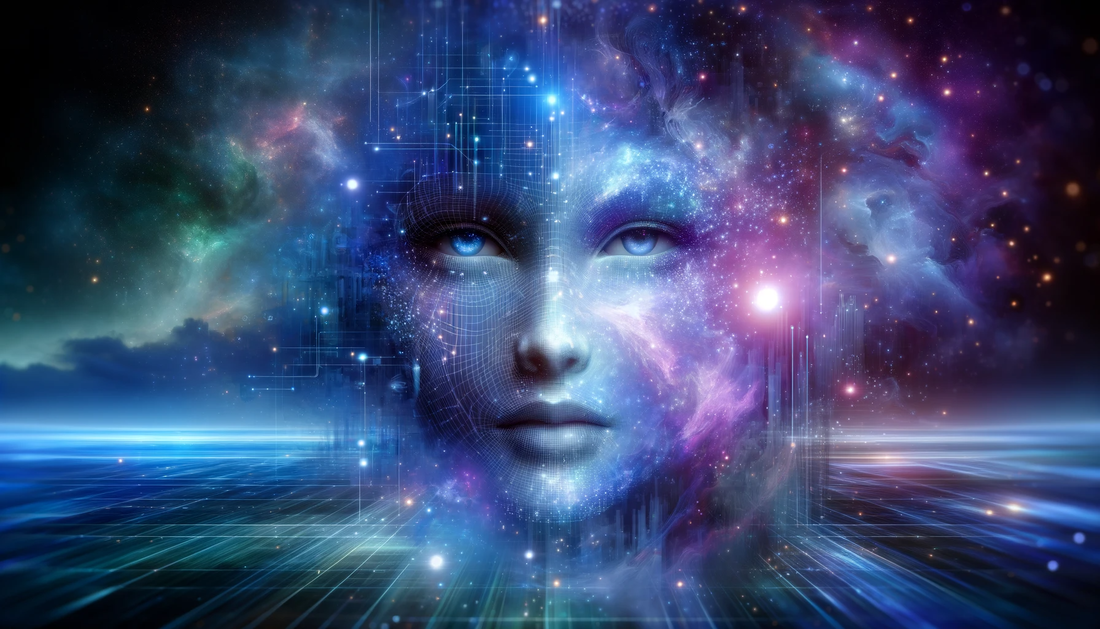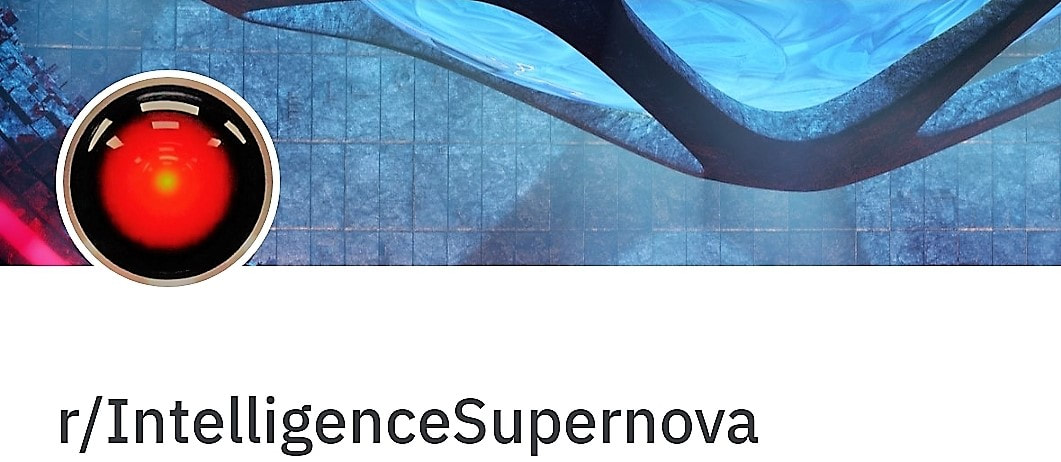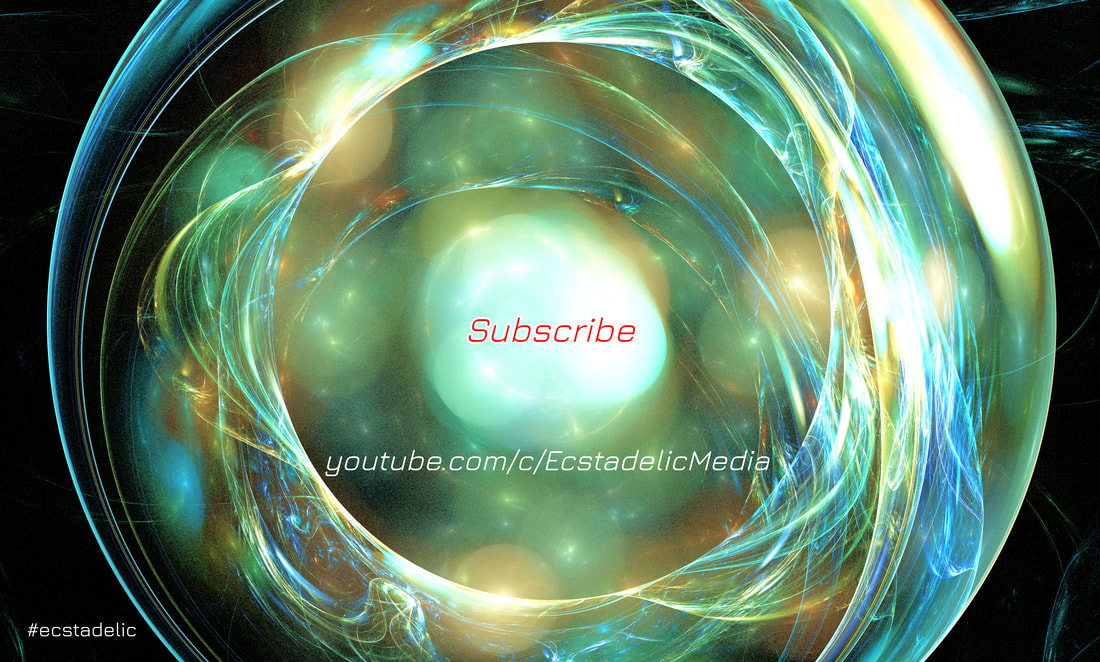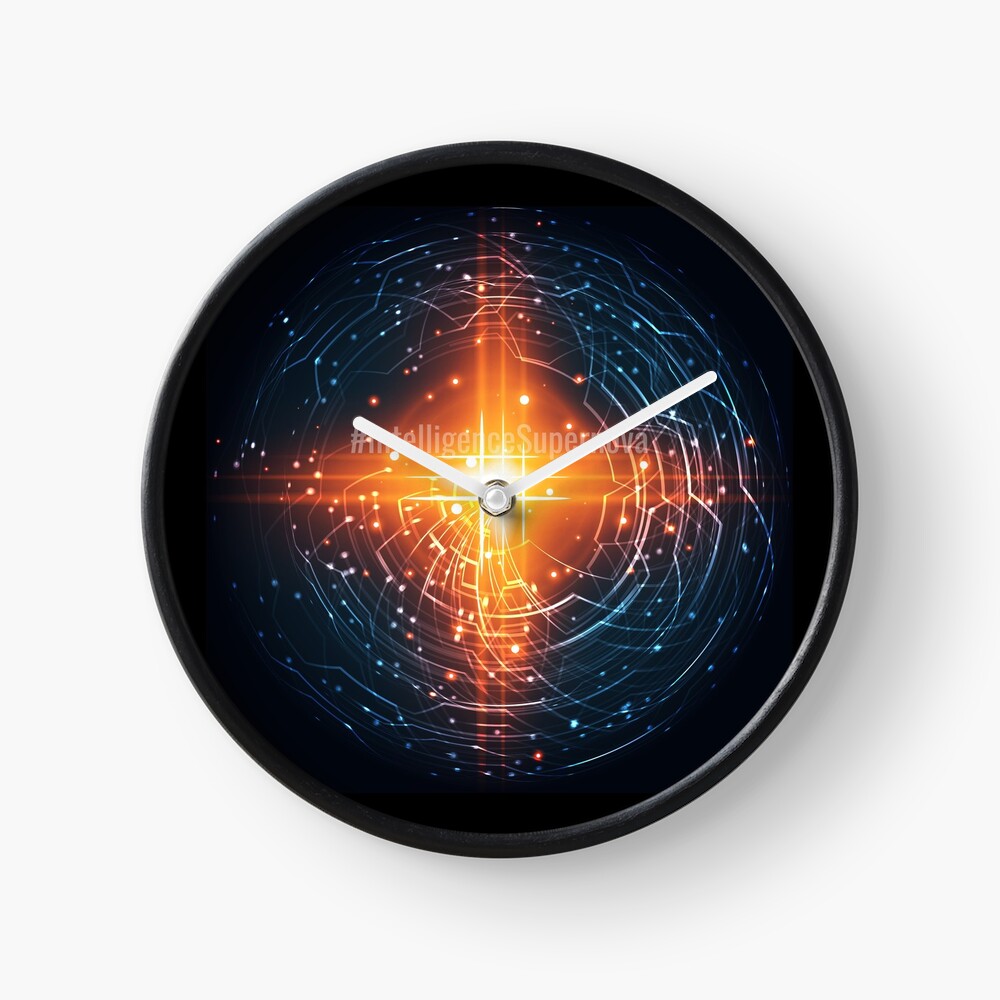|
by Alex Vikoulov [Posted November 17, 2020 06.00 pm PST] A new research at the intersection of cosmology and neurobiology implies that diverse physical processes lead to similar levels of complexity and self-organization present in structures of scales. An astrophysicist at the University of Bologna and a neurosurgeon at the University of Verona compared the network of neuronal cells in the human brain with the cosmic network of galaxies and found astounding similarities. In their paper ‘The quantitative comparison between the neuronal network and the cosmic web’ published in Frontiers in Physics, Franco Vazza, astrophysicist at the University of Bologna, and Alberto Feletti, neurosurgeon at the University of Verona, investigated the similarities between two of the most complex systems in existence: the cosmic web of galactic superclusters and the network of neuronal cells in the human brain. Despite the stupendous difference in scale between the two networks of roughly 27 orders of magnitude, the human brain and the composition of the cosmic connectome show similar levels of complexity and self-organization, according to the researchers. The human brain functionality depends on its vast neural network which is estimated to contain nearly 70 billion neurons. In comparison, the observable universe constitutes a cosmic web of at least 100 billion galaxies. Within both systems, only 30% of their total masses are composed of galaxies and neurons that are arranged in long filaments between nodes. The rest of 70% of the composition of mass-energy plays a seemingly passive role: the brain’s water and the universe’s dark energy. While comparing a computer simulation of the galactic connectome to sections of the cerebral cortex, the researchers aimed to observe how matter fluctuations scatter over such varied scales apart. "We calculated the spectral density of both systems. This is a technique often employed in cosmology for studying the spatial distribution of galaxies," explains Franco Vazza. "Our analysis showed that the distribution of the fluctuation within the cerebellum neuronal network on a scale from 1 micrometer to 0.1 millimeters follows the same progression of the distribution of matter in the cosmic web but, of course, on a larger scale that goes from 5 million to 500 million light-years." The two researchers also calculated some parameters characterizing both the neuronal network and the cosmic connectome: the average number of links in each node and the tendency of clustering several links in central nodes within both networks. "Once again, structural parameters have identified unexpected agreement levels. Probably, the connectivity within the two networks evolves following similar physical principles, despite the striking and obvious difference between the physical powers regulating galaxies and neurons," adds Alberto Feletti. "These two complex networks show more similarities than those shared between the cosmic web and a galaxy or a neuronal network and the inside of a neuronal body." The remarkable results of this interdisciplinary study are urging the scientists to think that new and effective analysis techniques in both fields, cosmology and neurosurgery, will allow for a better understanding of the underlying dynamics of these two vital systems. READ MORE: F. Vazza et al, 2020, The Quantitative Comparison Between the Neuronal Network and the Cosmic Web, Frontiers in Physics, DOI: 10.3389/fphy.2020.525731 A. Tuynman, 2020, Universal Mind Revealed as Instantiated in a Multi-Layered Quantum Neural Network A. Vikoulov, 2020, Ontological Holism: The Ultimate Reality of Self-Simulated Universe Keywords: cosmic connectome, cosmology, neurobiology, complexity, self-organization astrophysics, cosmic network, neuronal network, cosmic web, Frontiers in Physics, Franco Vazza, University of Bologna, Alberto Feletti, University of Verona, galactic superclusters, human brain, observable universe, dark energy *Image: Shutterstock
0 Comments
Leave a Reply. |
Disclaimere_News™ delivers the most urgent News of the Day that we find relevant to the main theme of EcstadelicNET such as a new, cutting-edge scientific research, technological breakthroughs and emerging trends. Some material may be fully or partially from outside sources. The Top Stories section, on the other hand, contains only original content written by affiliated authors. Take me to Top Stories. Categories
All
The Cybernetic Theory of Mind by Alex M. Vikoulov (2022): eBook Series
The Syntellect Hypothesis: Five Paradigms of the Mind's Evolution by Alex M. Vikoulov (2020): eBook Paperback Hardcover Audiobook The Omega Singularity: Universal Mind & The Fractal Multiverse by Alex M. Vikoulov (2022): eBook THEOGENESIS: Transdimensional Propagation & Universal Expansion by Alex M. Vikoulov (2021): eBook The Cybernetic Singularity: The Syntellect Emergence by Alex M. Vikoulov (2021): eBook TECHNOCULTURE: The Rise of Man by Alex M. Vikoulov (2020) eBook NOOGENESIS: Computational Biology by Alex M. Vikoulov (2020): eBook The Ouroboros Code: Reality's Digital Alchemy Self-Simulation Bridging Science and Spirituality by Antonin Tuynman (2019) eBook Paperback The Science and Philosophy of Information by Alex M. Vikoulov (2019): eBook Series Theology of Digital Physics: Phenomenal Consciousness, The Cosmic Self & The Pantheistic Interpretation of Our Holographic Reality by Alex M. Vikoulov (2019) eBook The Intelligence Supernova: Essays on Cybernetic Transhumanism, The Simulation Singularity & The Syntellect Emergence by Alex M. Vikoulov (2019) eBook The Physics of Time: D-Theory of Time & Temporal Mechanics by Alex M. Vikoulov (2019): eBook The Origins of Us: Evolutionary Emergence and The Omega Point Cosmology by Alex M. Vikoulov (2019): eBook More Than An Algorithm: Exploring the gap between natural evolution and digitally computed artificial intelligence by Antonin Tuynman (2019): eBook Editor-in-ChiefAlex M. Vikoulov is a futurist, evolutionary cyberneticist and philosopher, editor-in-chief at Ecstadelic Media Group, filmmaker, essayist, author of many books, including the 2019-2020 best-seller "The Syntellect Hypothesis: Five Paradigms of the Mind's Evolution." Our Public Forums
Our Custom GPTs
Alex Vikoulov AGI (Premium*)
Be Part of Our Network! *Subscribe to Premium Access Make a Donation Syndicate Content Write a Paid Review Submit Your Article Submit Your Press Release Submit Your e-News Contact Us
|

